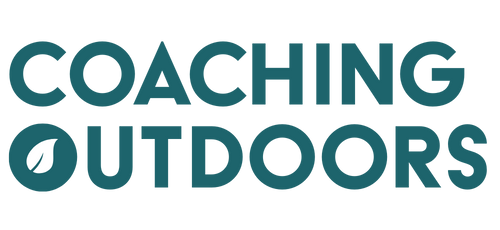Finding the right one... A simple check-list for choosing an Executive Coach
Making the right decision on an Executive Coach can be tricky. After all, unless you can be a fly on the wall and observe or experience their work, how do you know they are any good and worth your, or the company’s money?
Of course you could use the human being selection criteria – Do I like you? ‘People buy people’ after all. If you’d like something a little more robust to add to that, the criteria below may be of use
Photo by Dan Dimmock on Unsplash
COACHING EXPERIENCE
Do they have at least 5 years’ worth? Have they worked with people at all levels and in all functions? This will ensure they are well rounded and have a breadth of understanding from which to draw when asking questions.
BUSINESS EXPERIENCE
At least 7 years in business, some of which at a leadership level. Executive coaches benefit from having first hand experiences of how businesses function. Roles in Leadership help with empathy for clients and perspective.
ACCREDITATION
This demonstrates that the coach has approached their executive coach training in a professional manner and that they are hitting high level professional standards and fulfilling a set of acknowledge criteria in their work. Either ICF or EMCC accreditation.
QUALIFICATIONS/TRAINING (FROM REPUTABLE PROVIDERS)
Have they done a bit of ‘life-coaching’ training with one of the many providers that certify you over a weekend? Or do they have a Masters in Executive Coaching? – there is quite a difference. Ashridge, CTI and OCM are all good training providers. It is also beneficial for coaches to have an understanding of Emotional Intelligence, MBTI/Insights and NLP, these are useful items to have in the ‘tool bag’ but as stand-alone qualifications, they should cause concern.
THEIR STYLE
An Executive coach is not there to provide the solution or to be overly directive. A relational or co-active approach supports the client and allows the coach to be themselves while the ownership of the session and outcomes lies with the coachee. They also coach the ‘whole person’ not just the business man/woman.
PERSONAL DEVELOPMENT
A good executive coach will be able to tell you what their on-going plan is to continually upskill. Do they have a network that they use to keep up-to-date with industry developments?
SELF-AWARENESS
They should be clear on their areas of strength and development and also on which clients/situations they are suitable for as well as the ones they are not. Are they Brave enough to say ‘no’ if they don’t believe they are the right coach for you/your associate?
SUPERVISION
Supervisors ensure that executive coaches are working on their skills all the time and that they are focused on the on-going coaching relationship with their clients. Supervision adds to the ability of the coach to arrive for each session fully prepared and aware. Undertaking supervision also helps executive coaches to remain within ethics and boundaries.
FEEDBACK
What do previous clients say about their work? Can the executive coach provide you with a phone number and name of a reputable person who will spare 5 minutes to be a reference point for them.
TRUST
And back to the human factor; based on your gut instinct, would you trust them?
Good luck in making your choice. Have a look at our team here, if you’d like to have a free chemistry conversations please get in touch.
Lesley
Lesley holds an MSc in Executive Coaching from Ashridge Business school and she has 16 years commercial experience with Mars. She is also an accredited EMCC Master Practitioner. Read More >
She is the author of ‘Coaching Outdoors; the essential guide to partnering with nature in your coaching conversations’.
Contact by calling +44 (0) 7799 581792 or email info@coachingoutdoors.com.



